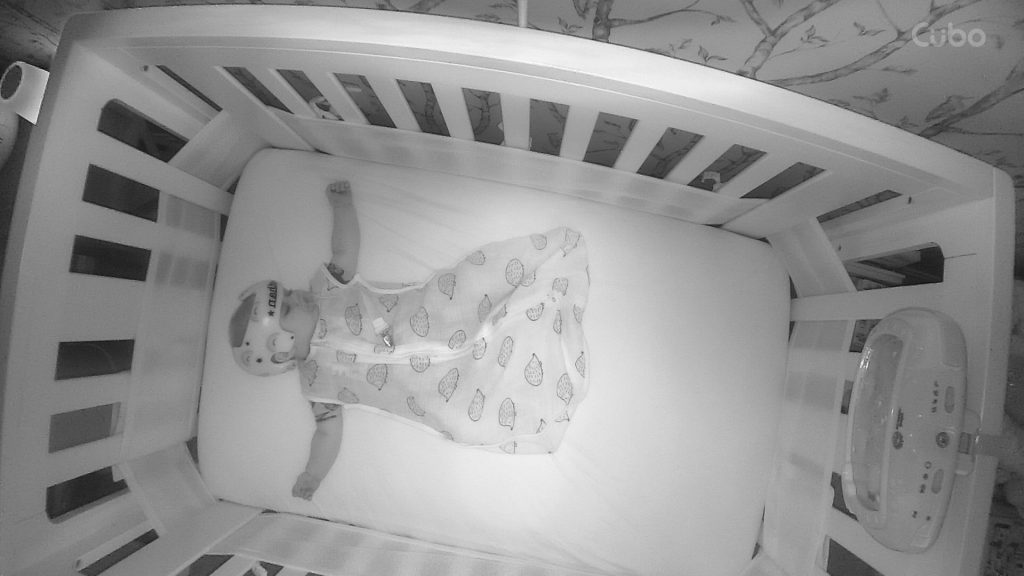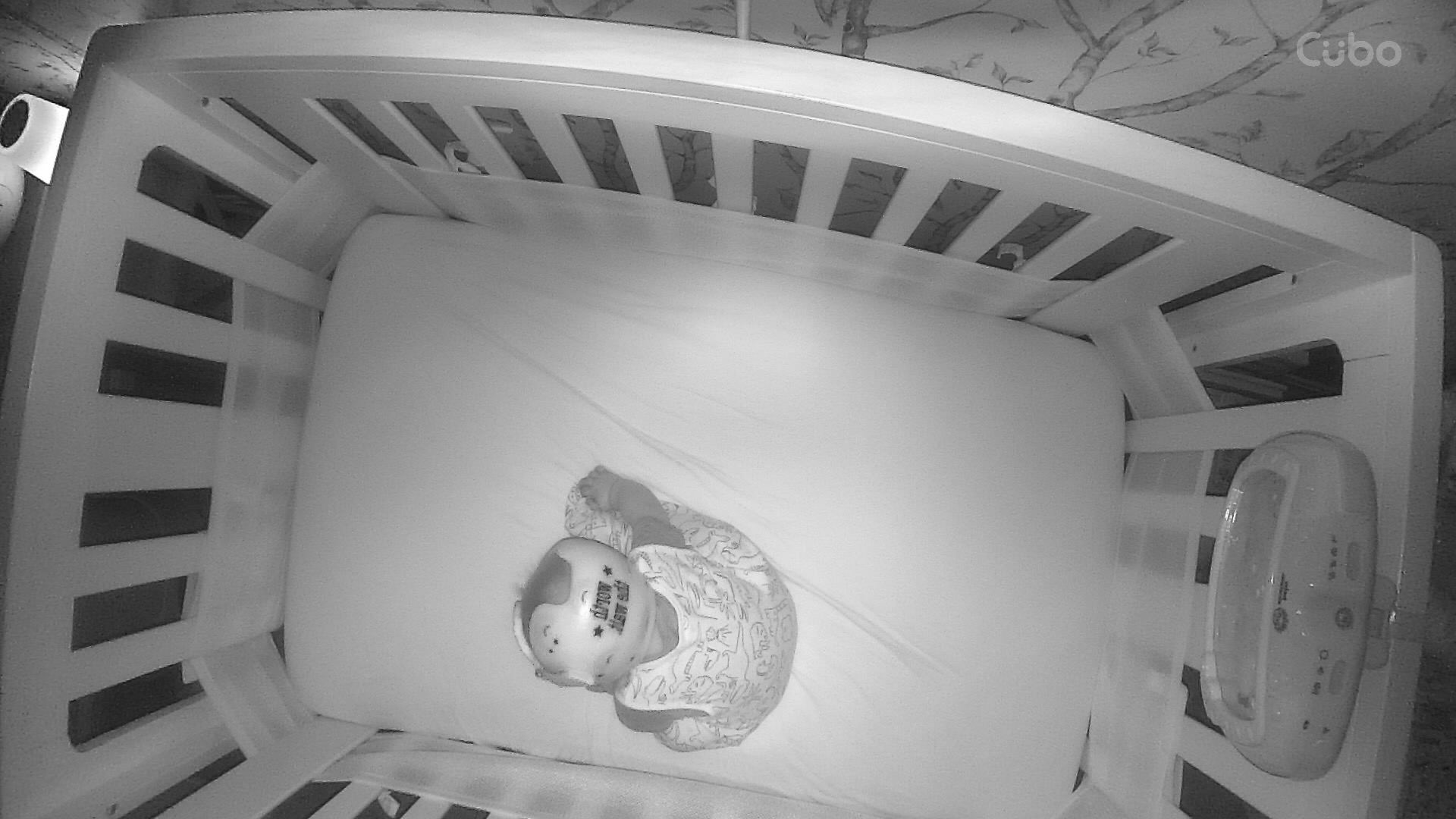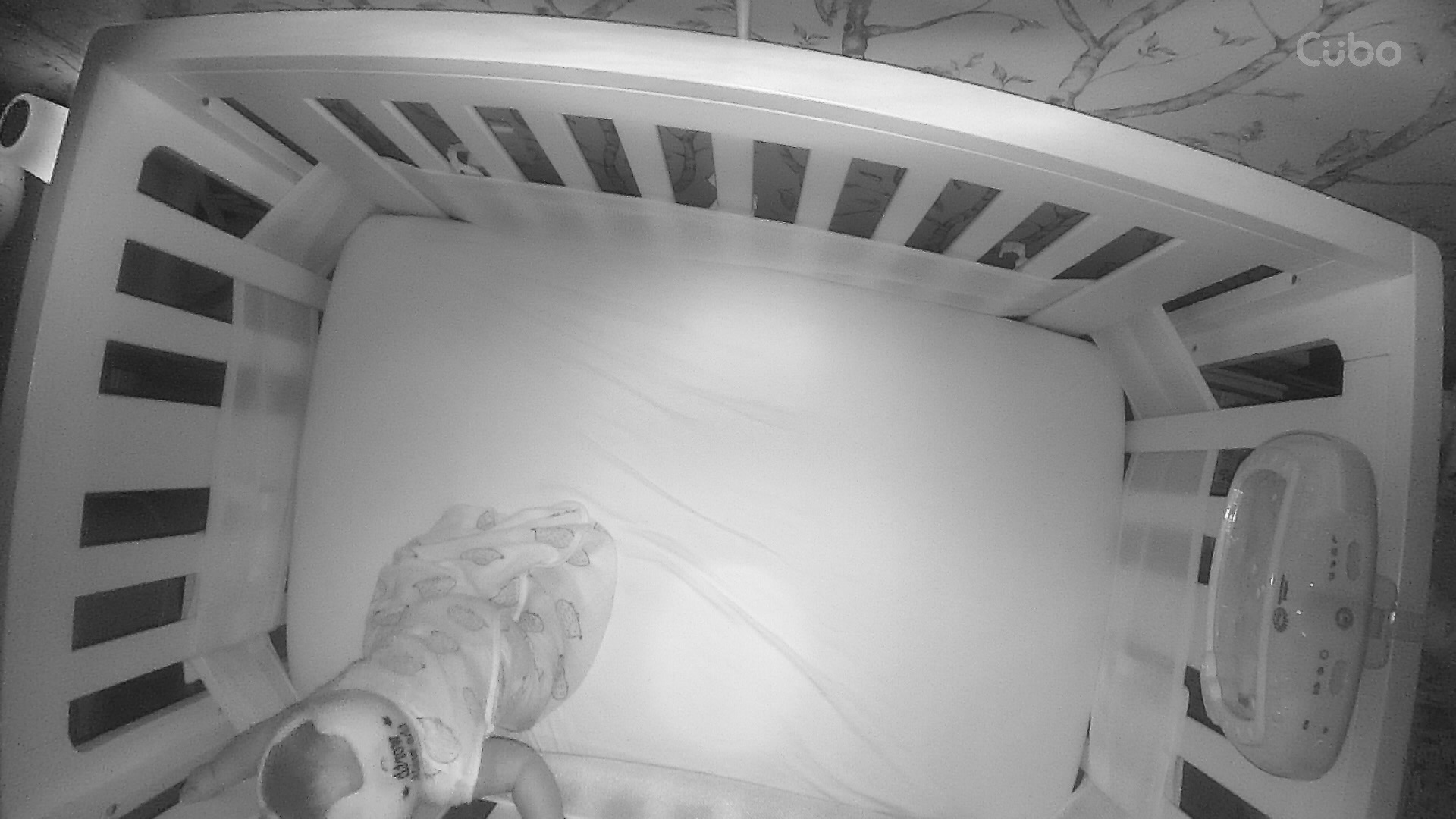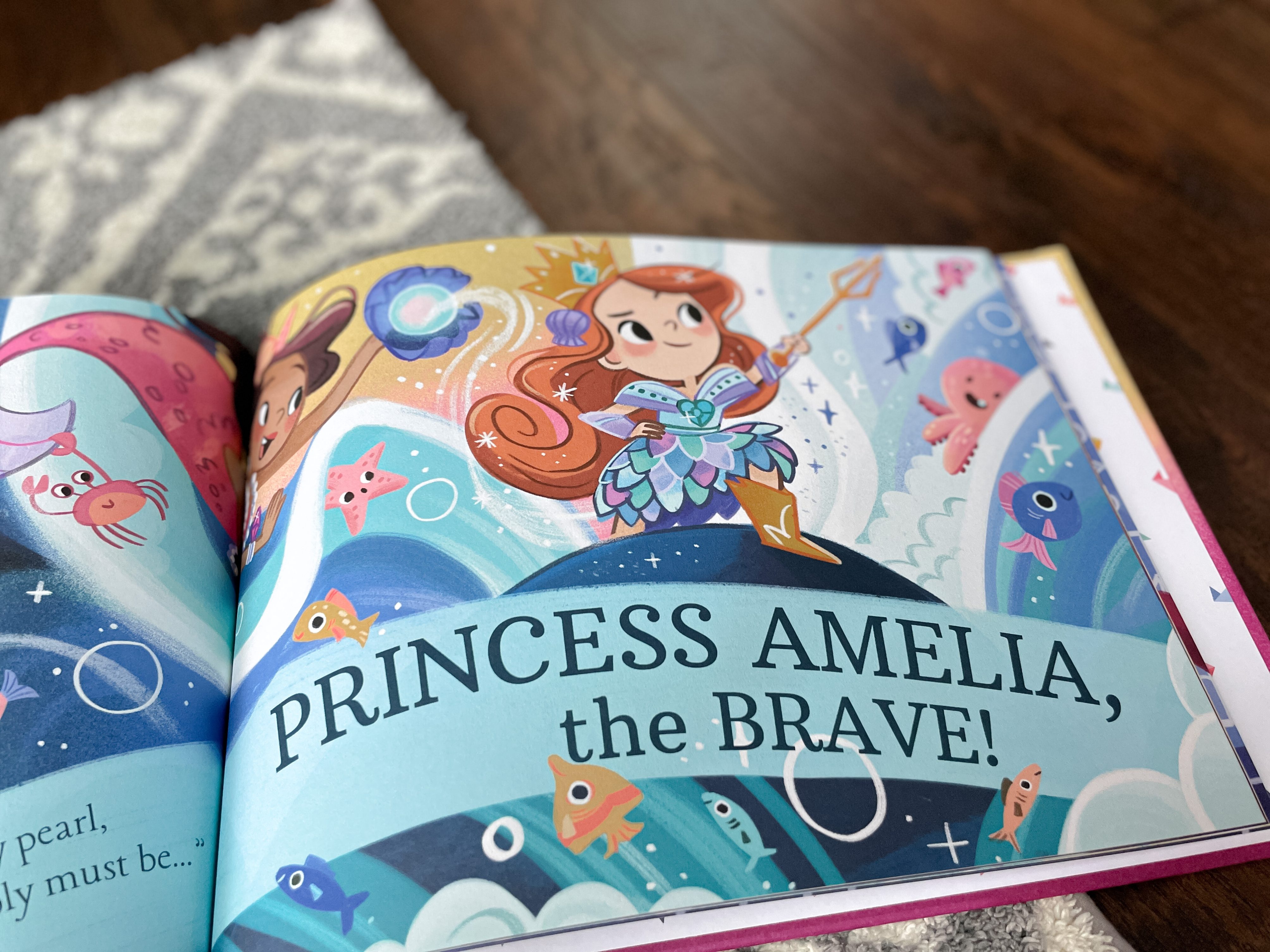
Let’s talk about sleep training – one of the most controversial topics of parenthood. Sleep training is the process of training babies or young children to fall asleep on their own and form healthy sleep habits, such as the ability to self-soothe.
Why is it so controversial?
The most common technique is known as the “cry it out” method, in which you allow the child to cry alone in their crib – typically in increasing intervals of 3 to 20 minutes – until they fall asleep on their own. This technique attempts to teach the child to fall asleep without the need of parent intervention (i.e. rocking or nursing to sleep). The cry it out method was popularized by Richard Ferber, MD & his 1985 best-selling book, “Solve Your Child’s Sleep Problems”. The Ferber Method, and cry it out methods in general, have been criticized as being cruel, with some critics citing a 2012 case study that claimed cortisol levels (the stress hormone) remained high in infants, even after they had fallen asleep. This case study had a few issues: (a) the number of subjects was very small, and not inclusive of all age ranges; (b) there was no control group; and (c) the study was only focused on the “extinction” method – in which parents do not check-in periodically on the infant or offer any comfort during the time they are in the crib.The American Academy of Pediatrics published their own study later that year, dispelling the claims that sleep training caused long-term emotional and psychological issues & advocating sleep training for healthy development.
There are several theories when it comes to sleep training and a plethora of programs that claim to be the most effective, least disruptive, most time efficient, and so on – but it comes down to what you feel most comfortable with and what your long-terms goals are. I would recommend that you first discuss what your concerns are with your pediatrician, to rule out any underlying issues, such as reflux, that could be disrupting sleep. Then, and most importantly, DO YOUR RESEARCH! Look into the various programs, talk to friends and family and discuss what your concerns are with your partner. Once you start a program, you absolutely must remain consistent. I’ll be honest, we were not consistent and that came back to bite us – big time.
In our case, we decided to start sleep training at 9 months old and decided to try the Ferber Method. Ethan started sleeping through the night around 4.5 months, but still required one of us to hold him until he fell asleep and he would still wake around 4 or 5 a.m. for a bottle. Occasionally, we would also still need to go in to give him his pacifier in the middle of the night. We plan to try for baby #2 around Ethan’s first birthday, so we felt like we needed to get Ethan on a set sleep schedule ASAP – as well as get him used to falling asleep on his own – before the next baby made their debut. Our initial goals were simple: establish a consistent bedtime & train him to self-soothe himself to sleep.
Here’s how it went:
First, we decided on our nighttime routine. We would start winding him down around 6:30 p.m. (dim lights, gentle play, etc.) and then bring him up to the nursery for a 7:30 p.m. bedtime. We would place him into his sleep sack, play his song (“Yellow” by Coldplay – we discovered this song calmed him), and then kiss his head and tell him, “Goodnight handsome, we love you” and place him in the crib. We would then follow the Ferber Method chart until he fell asleep.
The first night was HARD. Listening to your child cry out for you is absolutely gut-wrenching and both my husband and I felt sick to our stomachs by the time he finally fell asleep. Ethan ended up falling asleep during the 10 minute increment, meaning we only had 2 check-ins before he fell asleep just before the 20 minute mark.
Nights 2 and 3 were even worse. He cried harder and longer and it took about 30 minutes for him to finally settle down and fall asleep. One of our biggest issues in waiting so long to start sleep training was that Ethan had already learned to pull himself up by this point, so he would spend those 20-30 minutes crying while standing straight up in his crib, holding onto the railing. And yes, the crib was at the lowest height. By night 3, Ethan was so exhausted that he eventually just fell down and started nodding off in a seated position until he finally fell over and fell asleep on his back.
By this point, we had endured 3 nights of sleep training and while we felt lucky that he was falling asleep within 30 minutes, as opposed to several hours, we were discouraged that the intervals were increasing – not decreasing. Most babies only need 3-5 nights of sleep training before they are able to successfully put themselves to bed and each night it is expected that it will take less time than the night before for them to settle down. What were we doing wrong?
We decided that our issue lay in his daytime routine. Ethan was napping 2-3 times a day, roughly around the same times everyday, but still required us to rock him down for each nap. From what I had read, we were sabotaging ourselves by only sleep training for nights, and not naps as well. We decided that starting the next day, we would add nap training to our schedule.
The next morning, we put Ethan down around 9 a.m. – a little earlier than his typical nap time, in order to have time to repeat our nighttime routine with him first. We followed the same interval schedule, but decided not to let him go past 45 minutes before we would call that nap a fail (most sources suggest you cap nap attempts at 30 minutes). That first nap wasn’t a fail – it was a disaster. Ethan screamed for 45 minutes straight. We tried again about 30 minutes later with the same result. He was so upset and fussy the rest of the day that he ended up completely skipping both of his naps.
Night 4. He would be exhausted from not napping all day and fall asleep instantly, right? Sorry, no such luck. The next few days consisted of failed nap attempts with an overtired baby and nights of non-stop screaming. By the end of our first week of sleep training, it was taking us an hour to get him down and then we were up every 2-3 hours to start the process all over again until he finally refused to go back to sleep around 4 a.m. He had been a great sleeper before we started all of this, he just needed help falling asleep. Now, it felt like we had messed everything up. He was miserable and exhausted and to be honest, we were too.
Poor Ethan’s voice was hoarse from all of the crying and he developed a fear of his nursery. Any attempt at putting him in a sleep sack was met with intense thrashing and screaming and as soon as he got close to the crib he would start crying. His anxiety was through the roof and I was at a loss. I felt like a failure and a terrible mother. My child was miserable and it was my fault.
To make matters worse, our close friends had started sleep training around the same time and their son got the hang of it in 2 days. I wanted to be happy for them but I was devastated. 2 days? Their son hadn’t slept through the night a day in his life and now he was putting himself to sleep within 5 minutes, even at naptime. How was that fair? What had they done that we hadn’t? Why was everything so much harder for us? I had fallen into the comparison trap and could feel those “new mama blues” slowly creeping back in.
We decided that we needed to stop sleep training and come up with a new plan. We decided to give Ethan a week or 2 to hopefully settle back into his pre-sleep training routine and give us time to do some more research and come up with a new plan that would be a little easier on the entire family. We’re about a week & a half post-sleep training now and unfortunately, his sleep is still completely screwed up. He’s still waking up several times throughout the night and getting up at 4 a.m. or earlier to start his day.
Here’s where I think we went wrong:
Not enough research. I read Dr. Ferber’s book front to back and made notes throughout. I read all the material I could find from “Taking Cara Babies”. I read mommy blogs and searched sleep training related hashtags. I felt fully prepared. My husband did absolutely nothing. We had that book for 6 months before we started sleep training and he never cracked it open. He relied on me to explain what we were supposed to do and when things started to go south, he decided he didn’t agree with the Ferber method and thought we should have gone with a more gentle approach from the start.This not only made me feel like all of the blame for its failure fell on me, but it made me feel like I was the only one putting forth any effort. This, as you can guess, caused some arguments.
Didn’t stay consistent. We were a hot mess. When we did our interval checks, I was in and out in under a minute and kept speaking to a minimum. My husband would stay for 2+ minutes, speaking to Ethan and rubbing his back. We tried to stick to a daily routine but we never had before so of course all of these changes at once were hard on Ethan. We would let him sleep in our bed for a few hours towards the end of the first week because he wouldn’t go back down after 4 a.m. and we were exhausted. We spent so long trying to get him down for naps that he would spend all day awake & we’d end up rocking him down in the afternoons. Of course it didn’t work – we were sabotaging ourselves left & right!
Napping. We either should have focused on nights only and introduced napping at a later date or we should have started training for both at the same time, from the start. This is where I think we really screwed up and I’m still kicking myself for it.
We gave up.
I do think the Ferber Method works. We allowed ourselves to be discouraged after 3 days and switched up our routine instead of sticking to it and giving it a fair shot. While I personally want to try the Ferber Method again, sans naps, my husband is still deciding on which method he feels most comfortable with. I’m hoping to nail down our plan in the next few days so we can start July with a new routine and fresh outlook. Whatever we decide, we’ll decide as a team this time.
Keep an eye out for Part 2 to see how our sleep training journey ends!






